Heatwaves or the new normal? Global media analyses and reactions
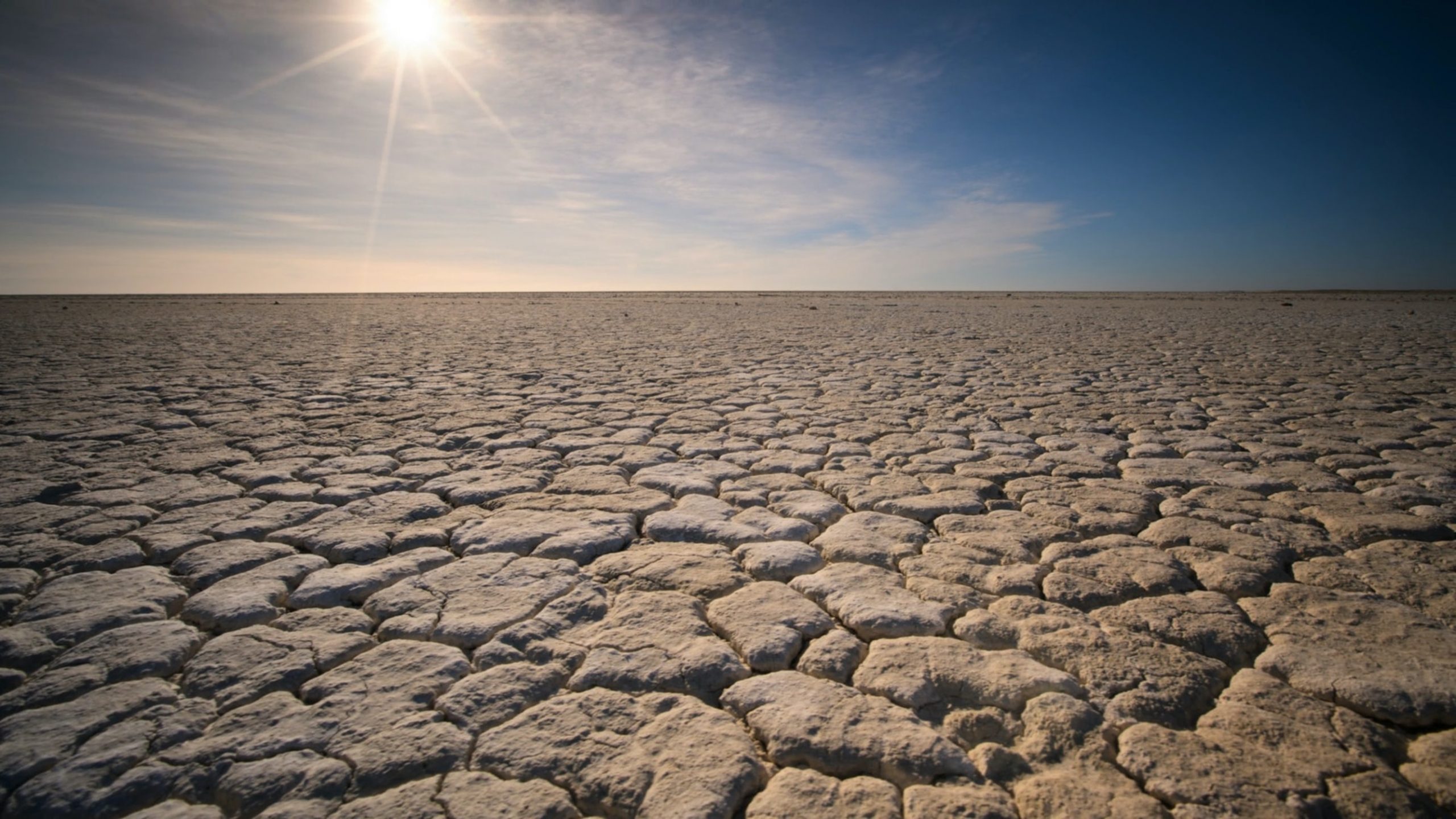
Record-breaking temperatures in Europe, heat advisory in the US, and peaks in electricity consumption in China. Media outlets and climate change communicators across the world are pointing to links between the ongoing heatwaves and climate change, just as researchers are working to make the science behind extreme weather attribution more robust.
The financial impacts of climate risk
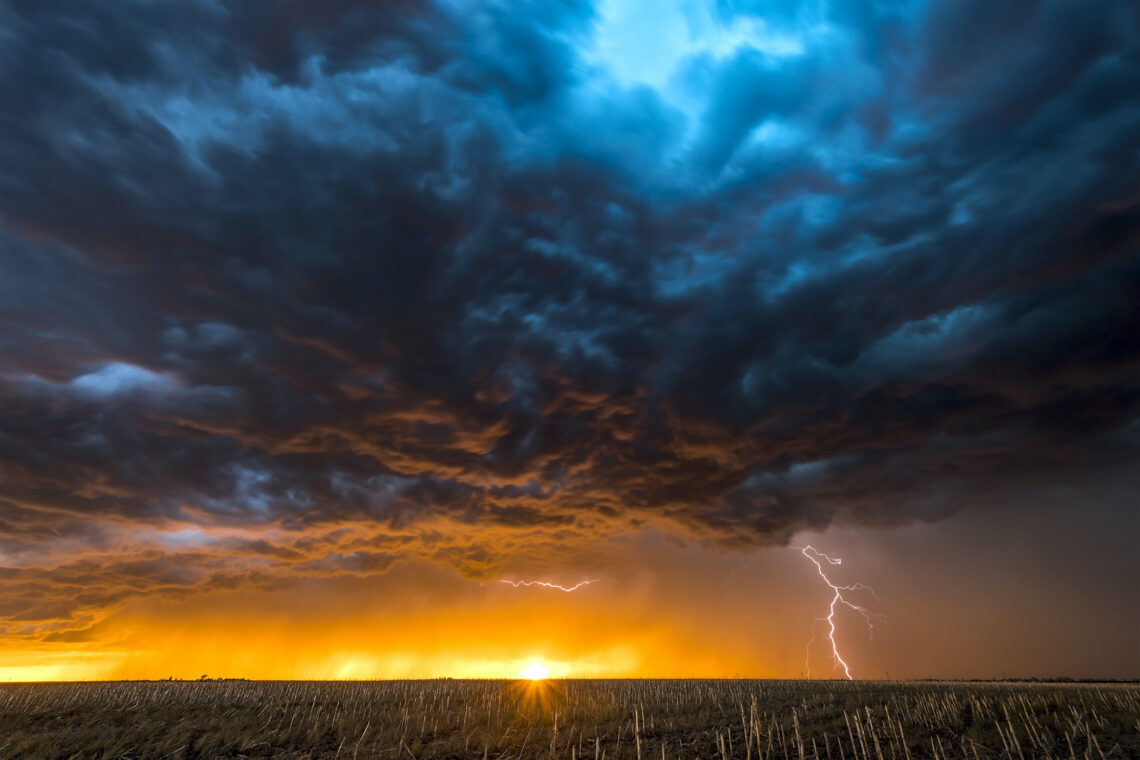
The International Foundation Big Data and Artificial Intelligence for Human Development (iFAB) in collaboration with CMCC and Leithà, launches the European Extreme Events Climate Index (E3CI), an innovative operational service for weather induced hazard assessment and management. E3CI has the potential to revolutionize the way insurers and financial markets evaluate extreme weather-related risks in Europe. A bold step in ensuring that scientific research has tangible impacts on the real world.
Disbanded Climate Group Reconvenes

The climate change advisory panel disbanded by Trump in 2017 has regrouped. They warn that the US economy is set to lose $500bn due to extreme weather events and aim to develop science-based methods to support local communities in implementing mitigation and adaptation strategies.
Global Risks Report 2019: three of top five are related to climate
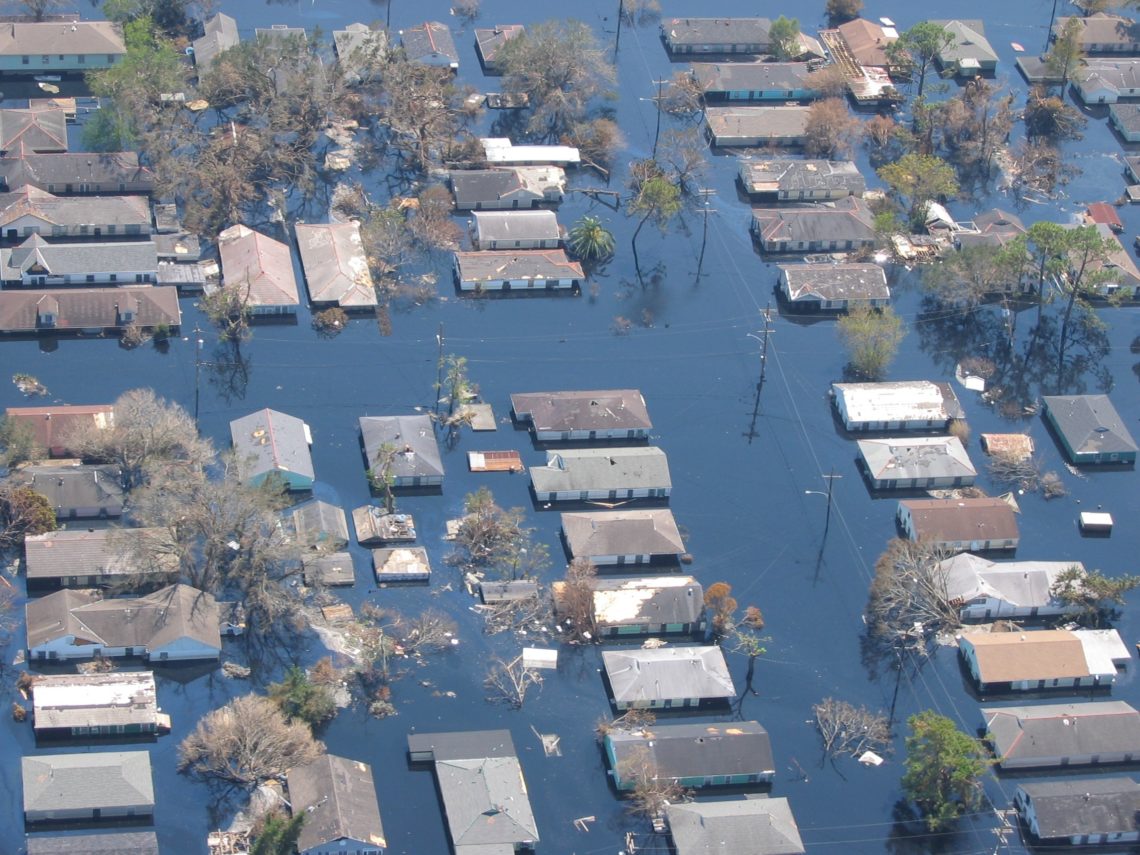
The 2019 edition of the annual World Economic Forum flagship publication lists extreme weather events, failure of climate-change mitigation and adaptation and natural disasters among the top five threats most likely to occur in the next 10 years.
Summer’s Threat: Heat, health and climate risk in Europe

Human health is impacted in many ways by climate change, both at the individual level and through systemic risks to the health system. The European Climate Risk Assessment identified heat stress and wildfires as the two risks for which urgent action is needed.
John Weyant: Integrated Assessment Modelling informing future climate policy
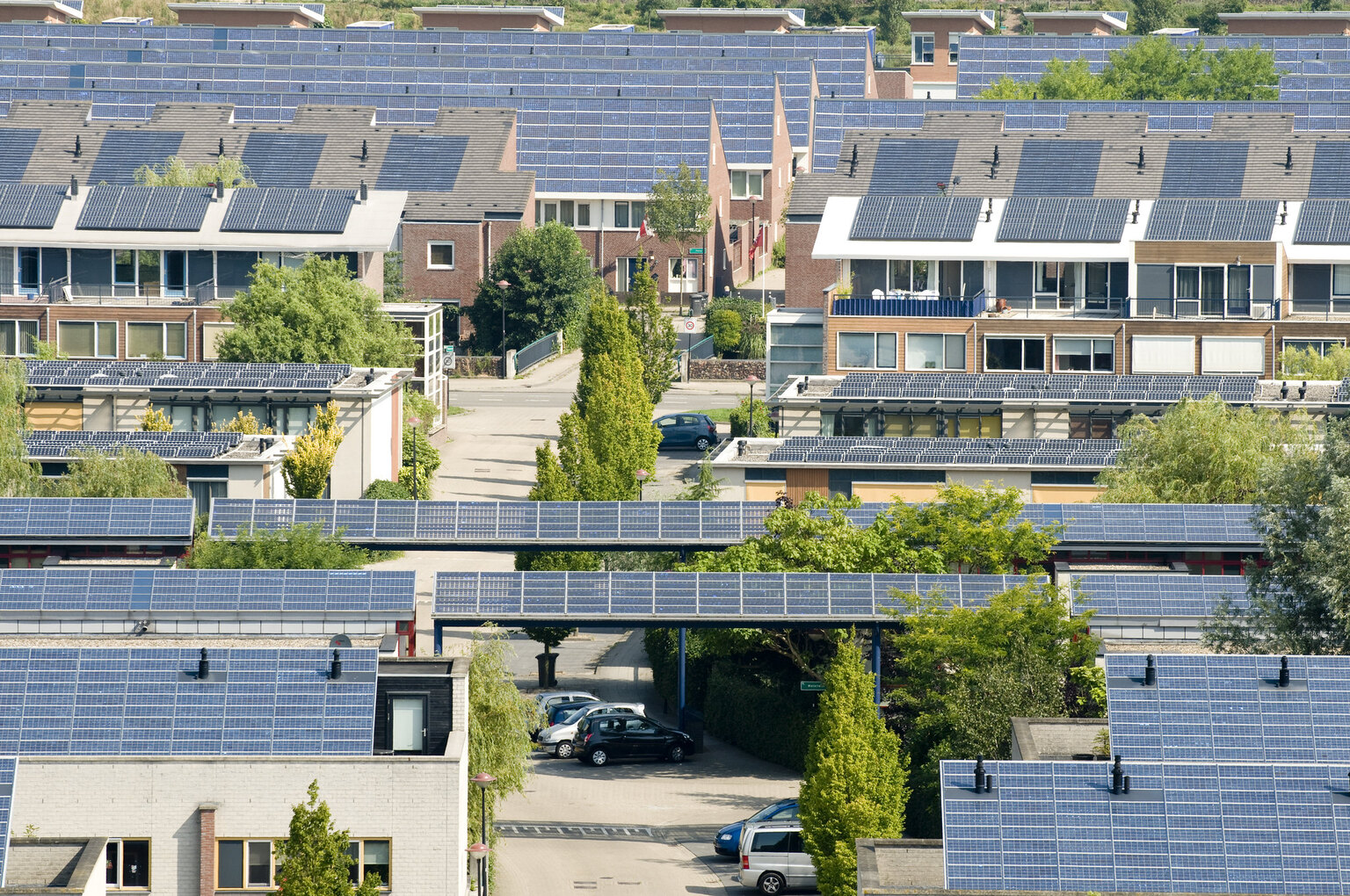
“Whether or not we keep up with the needs of policymakers will be determined by how much they trust the results from models and how relevant they are to their needs.” Professor John Weyant of Stanford University discusses the evolution of Integrated Assessment Models (IAMs), emphasizing the importance of incorporating growing datasets to meet policymakers’ needs. The Integrated Assessment Modeling Consortium (IAMC) gathers leading climate modeling experts, facilitating crucial advancements in scenario development for climate policy. Its contributions, including defining concepts like Net-Zero, are crucial in informing international climate agreements and shaping future strategies for combating climate change.
Beyond forecasting: Machine Learning exploring climate impacts

Machine learning has emerged as a transformative tool in climate research, evolving from theory to practice over the past few decades. In this context, CMCC is expanding its focus beyond traditional climate modeling to include the study of environmental, social and economic impacts of climate change through data-driven approaches. This transformation is expected to involve all-encompassing capacity building, with substantial infrastructure investments alongside efforts to enhance the knowledge base of scientists.
Navigating the European response to climate disinformation

The European Digital Media Observatory (EDMO) serves as a hub for fact-checking by focusing on the analysis of disinformation, including recent climate disinformation narratives, to support European regulation policies. Paula Gori, Secretary-General and Coordinator at EDMO, and Tommaso Canetta, Coordinator of EDMO’s fact-checking activities, present the network’s initiatives in monitoring and addressing climate disinformation.
Revolutionizing climate adaptation financing: The untapped potential of private investment in resilience
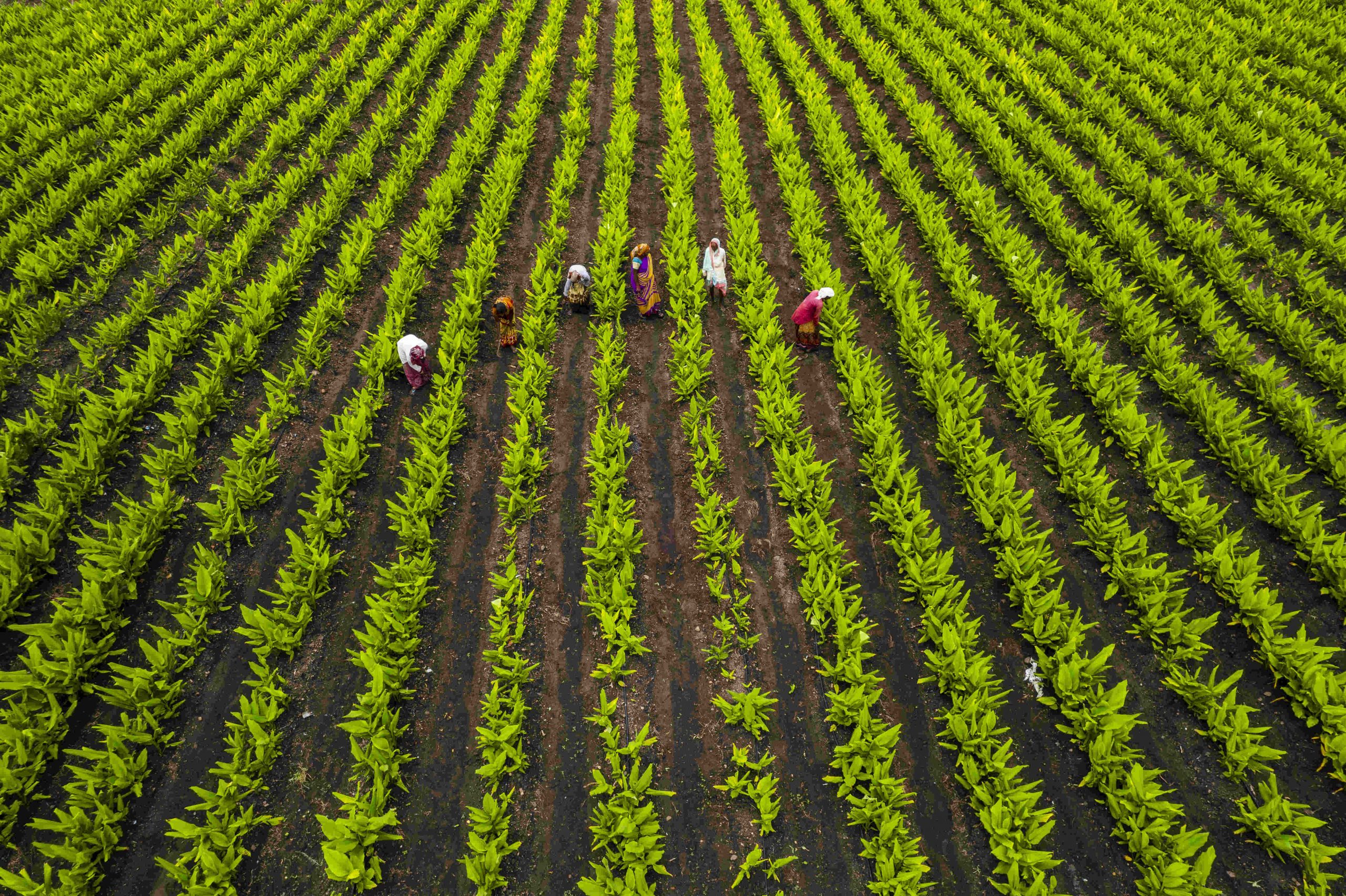
Directing increasing funds towards climate change adaptation solutions is not only a widely shared necessity but also an opportunity for the private sector, both in emerging and developed markets. Part of the challenge is quantifying the actual adaptation finance gap and tracking funds already allocated to resilience worldwide. Experts from the Climate Policy Initiative guide us through this aspect of climate finance and how its narrative is changing, including successful experiences with private sector investments in the field.
Climate changing narratives: Jonathan Amos on thirty years of climate science reporting for the BBC

Three decades of progress in climate science meet the evolving landscape of climate communication, leaving space for the imperative shift towards ‘solutions journalism’, aligning with evolving audience preferences and the quest for comprehensive climate change narratives. Jonathan Amos, a science reporter with the BBC since 1994, offers profound insights into the evolution of climate change reporting.
COP28 | MARIA VINCENZA CHIRIACO’. Agriculture, forests and land use: Here it is the future of carbon sequestration
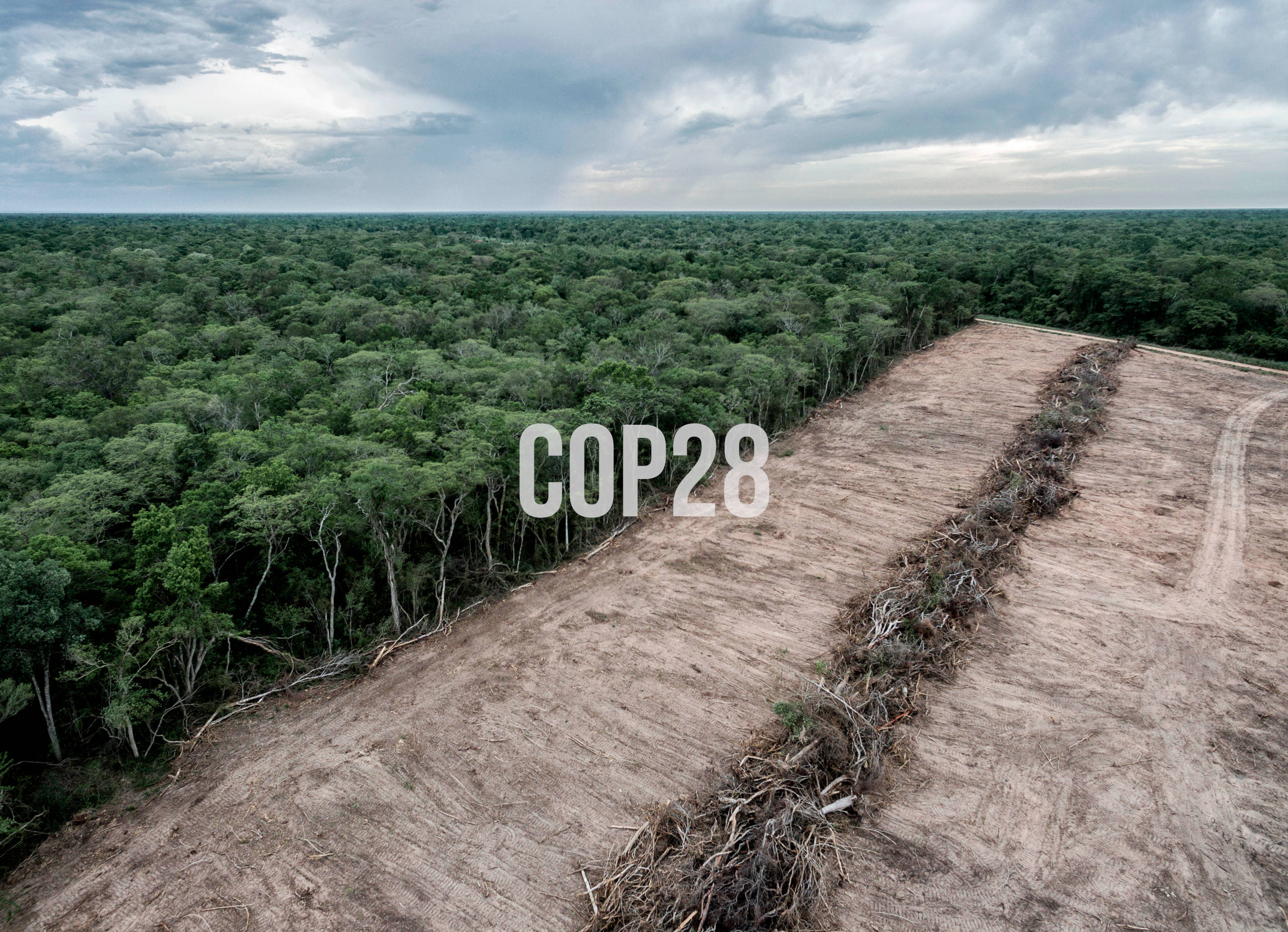
The Agriculture, Forestry, and Other Land Use (AFOLU) sector is playing a pivotal role in the ongoing climate discussions at COP28, constituting not only a significant contribution to climate change but also possessing substantial potential for its mitigation.
Towards a nature-positive economy

“We need now to integrate private sector actors, take advantage of innovative technologies and AI, and train future generations.” Healthy and well-managed ecosystems provide a range of services that support climate change adaptation and disaster risk reduction. The achievements and upcoming priorities when it comes to nature-based solutions in the words of Nathalie Doswald.
